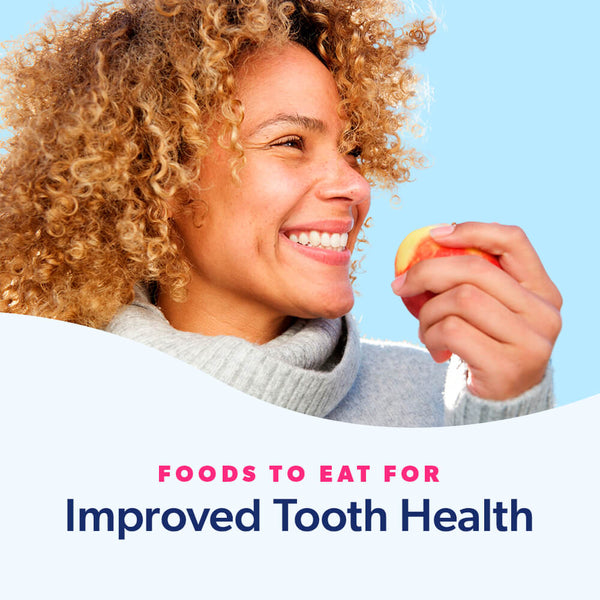
Foods to Eat for Improved Tooth Health
You've heard the saying, "You are what you eat," and this is true when it comes to your dental health. Your dental health and the diet you consume go hand in hand. You can include tooth-friendly foods in your regular diet to support your daily oral hygiene efforts.
In this article, we'll take a closer look at some of the foods that are good for your gums and teeth so you can take the next step toward a healthier, happier smile. Foods that prevent tooth decay — instead of contributing to it — can help you feel confident in your smile for years to come.
Essential Vitamins and Minerals That Support Your Teeth and Gums
Some foods are good for your teeth because of their texture or the bodily responses they trigger. But most foods that are good for your teeth find themselves on this list because of the vitamins they contain. Here are some minerals and vitamins for healthy teeth you should strive to include in your diet:
- Vitamin C: Vitamin C can help boost your immune system, which can result in increased resistance to gingivitis and tooth loosening. Vitamin C is critical in strengthening the tissues of your body, and that includes the tissues that make up your teeth and gums.
- Calcium: Calcium has a reputation for strengthening bones, making it an essential mineral for healthy, strong teeth. Calcium enhances your body's bone development and regeneration processes, helping you achieve stronger enamel to withstand unhealthy foods and tooth decay.
- Vitamin D: Many people associate vitamin D with calcium, and for good reason — vitamin D helps your body absorb the calcium you ingest. This function helps increase your body's bone mineral density, leading to stronger teeth. Unlike the other vitamins and minerals on this list, you can get vitamin D by spending adequate time basking in the sun's rays.
- Vitamin K: Vitamin K helps your body heal itself after suffering damage or from everyday wear and tear. One way this vitamin does this is by increasing bone strength to help block bone-damaging substances. Bleeding gums and oral sores can be signs of a vitamin K deficiency, so make sure you're eating plenty of foods with vitamin K to help strengthen your dental health.
- Vitamin A: Vitamin A can help increase your mouth's production of saliva to combat dry mouth. Saliva is an essential part of keeping your teeth clean during and after meals. If you suffer from a dry mouth, try consuming more vitamin A in your diet.
- Potassium: For increasing bone density and reducing blood acidity, you need a potassium-rich diet. This mineral gives a boost of strength to your teeth while limiting enamel-reducing acids in your body.
15 of the Best Foods for Dental Health
With the right diet, you can enjoy better dental health and stronger teeth and gums. Add the following foods to your diet to enjoy the many dental health benefits they offer:
1. Apples
Apples are commonly known for being a food that cleans your teeth. Apples clean your teeth by increasing the flow of saliva to your mouth, which helps wash away food particles. Apples can also protect your teeth by neutralizing acids that could harm your enamel.
The texture of apples also helps clean the spaces between your teeth. Other crunchy foods like celery and carrots can help clean your teeth in this way. But apples may be the best choice because of their pleasant taste and easy portability if you're looking for a healthy snack on-the-go.

2. Yogurt
Yogurt is rich in calcium, making it a great item to add to your diet if you want to strengthen your tooth enamel. The enamel of your teeth is an essential part of resisting cavities and other forms of tooth damage. Upping your calcium intake could help you on the path toward stronger enamel.
The healthy bacteria in yogurt may also play a part in reducing odor-causing compounds like hydrogen sulfide to give you fresher, better-smelling breath. Make sure the yogurt you eat is low in sugar, as a high sugar content can cause more harm than good.
3. Oats
Eating oats as part of a balanced diet is good for your health and can provide plenty of benefits to your teeth and gums. Biting into a mouthful of oats can help clean your mouth, including the periodontal areas around and below your gumline. Oats can also help your body process sugar in the blood, decreasing the harmful effects sugar inflicts on your teeth.
Besides oats, here are some whole-grain foods you can add to your diet to increase your dental health:
- Bran
- Barley
- Brown rice
4. Cinnamon
You know cinnamon for its signature spiced, rich flavor. This spice can also help you achieve greater dental hygiene. Cinnamon contains a natural plant oil known as cinnamic aldehyde, which can kill unwanted oral bacteria. Cinnamon is also a popular flavor and scent for toothpaste and chewing gum because of the freshness it provides. Eat more cinnamon to achieve fresher breath along with a cleaner mouth. Try adding it to your food and beverage recipes for a beneficial kick.
5. Sugarless Gum
Sugarless gum may lack the nutrients of the foods on this list, but it can still provide a few benefits to your dental health. Snacking throughout the day can be harmful to your dental health because your body produces less saliva when you snack than when you eat a full meal. Try cutting back on snacks by popping in a stick of sugarless gum to help you focus on your current task while keeping your teeth free from accumulating food particles.
Many common types of sugarless gum contain xylitol, which can help stall the growth of harmful bacteria in your mouth and prevent tooth decay. Gum can also remove food particles from your teeth, making your mouth cleaner than it was before. With scents like cinnamon and various mints, you'll feel fresh and clean after chewing a piece of sugarless gum.
6. Cranberries
Cranberries earned their healthy reputation by preventing bladder infections. They're able to perform this task thanks to their ability to prevent bacteria from clinging to surfaces. This powerful berry can also use this ability to help make your mouth cleaner and healthier.
When you eat cranberries, their juice can disrupt glucan formations on your teeth, which is one of the building blocks for the formation of plaque. Without glucan formations, harmful bacteria will have less to cling to on your teeth, leading to fewer instances of plaque buildup. Cranberries are sugary fruits, though, so you should be sure to brush your teeth after eating them.

7. Leafy Greens
When you want to add foods that are good for your teeth and gums to your diet, reach for plenty of leafy greens. Leafy greens can lower your blood sugar, leading to a healthier ecosystem for your teeth and stronger enamel. They also contain phytochemicals for fighting off unwanted bacteria. Since leafy greens are firm and chewy, they stimulate more saliva flow in your mouth to help clean your teeth the natural way.
Leafy greens are also high in many of the vitamins and minerals that benefit your teeth, helping you achieve greater dental health. Look for some of the following leafy greens at your local grocery store:
- Kale
- Collard greens
- Spinach
- Cabbage
- Watercress
- Swiss chard
- Arugula
8. Milk and Cheese
Milk and cheese contain high levels of calcium, which can help strengthen the bones in your body and your teeth. Paired with vitamin D, these foods can help increase your body's calcium intake for a healthier smile. These items also contain the casein protein, which can help neutralize harmful acids in your mouth produced by bacteria.
Milk and cheese can also stimulate increased salivation. As a natural tooth cleaner, saliva is essential to a healthy mouth. You can include milk and cheese on the list of foods that clean your teeth while providing other dental benefits.
9. Almonds and Other Nuts
Almonds are low in sugar while being high in calcium, making them a great option for snacking throughout the day. As a crunchy food, they can encourage increased saliva production, helping to clean your teeth. Make sure you're careful when eating them, though, as a hard almond can chip or crack one of your teeth when you bite down.
Besides calcium, nuts contain a wide range of beneficial vitamins and minerals like vitamin D, fiber, vitamin E, vitamin B6, potassium and more. Experience dental benefits while you snack by trying the following other types of nuts:
- Peanuts
- Cashews
- Walnuts
- Brazil nuts
10. Garlic and Onions
You may find it surprising that two items known for being smelly — garlic and onions — would make it onto this list. Cooking garlic and onions in a frying pan could fill your home with delicious aromas, but their scents are not ones you want lingering on your breath for long. Yet these two foods are ones that could help you achieve better dental health.
Garlic contains allicin, which has strong antimicrobial properties for fighting tooth decay and periodontal disease. Raw onions also have antimicrobial properties for fighting the bacteria in your mouth that contribute to gum disease and cavities. Add more garlic and onions to your diet to experience these benefits, but be sure to have some mint or cinnamon sugarless gum nearby to freshen up afterward. For freshening paired with the power of whitening on-the-go after garlic and onions, try EverSmile WhitenFresh.
11. Broccoli
Now's the time to become a fan of broccoli, because adding it to your diet is a great decision for increased dental health. Broccoli provides essential vitamins and minerals, including vitamins C and K, which are important for proper blood clotting and bone health. With their crunchy texture, your mouth will start salivating at an increased rate, helping to clean your teeth of harmful food particles. Raw or cooked to perfection, broccoli can enhance anyone's diet and help on the road toward better dental health.

12. Meat and Fatty Fish
Meat offers many of the above nutrients, making it a powerful way to add essential vitamins and minerals to your diet. Plus, eating meat triggers high saliva production, helping to keep your teeth cleaner during and after mealtime. Red meats and organ meats are especially beneficial, so try adding them to your diet for a much-needed nutrient boost.
Fatty fish, like salmon, is also a great option to add to your diet. Salmon contains phosphorus, a mineral that can help protect your tooth enamel. Stronger enamel leads to greater cavity and damage resistance, so consider adding salmon and other fatty fish to your diet for healthier teeth.
13. Carrots
Carrots join this list with the other crunchy vegetables. Crunchy vegetables stimulate increased saliva flow to help clean your teeth. And the high water content of carrots helps them to further clean your teeth as you eat them, removing stains and harmful bacteria. Carrots also contain a high quantity of vitamin C, keratins and calcium for even more benefits for your teeth. Carrots make for a great snack or addition to some of your favorite recipes.
14. Sweet Potatoes
Without the popular marshmallow topping, sweet potatoes can provide many benefits to your teeth and gums. Sweet potatoes contain plenty of vitamin A to help maintain your gums' soft tissues and mucous membranes, helping them stay healthier and more resilient. Vitamin A is also essential in maintaining keratin, the protein that helps your body produce tooth enamel. When used in healthy recipes, sweet potatoes are a tooth-friendly food.
15. Water
Water is one of nature's best gifts for keeping a clean mouth and living a healthier lifestyle. As water passes over your teeth when you take a drink or rinse your mouth after brushing your teeth, it washes away any lingering food particles to help prevent harmful bacteria and cavities.
Start drinking more water in your everyday life. The Mayo Clinic recommends 15 1/2 cups of fluids per day for men and 11 1/2 cups of fluids per day for women. The most important fluid you can consume is water, so make sure you're getting plenty of it every day. Invest in a healthier smile by adding more water to your diet.

Shop EverSmile Dental Hygiene Products
EverSmile is your source for the dental hygiene products you want and the information you need to live a life of greater oral health. Whatever the state of your dental health, it's always a good time to start eating healthier foods and establish a good dental hygiene routine. At EverSmile, our mission is to help you along that journey.
Contact us online today to learn more about our products and how we can benefit your oral hygiene.
Related Articles
-
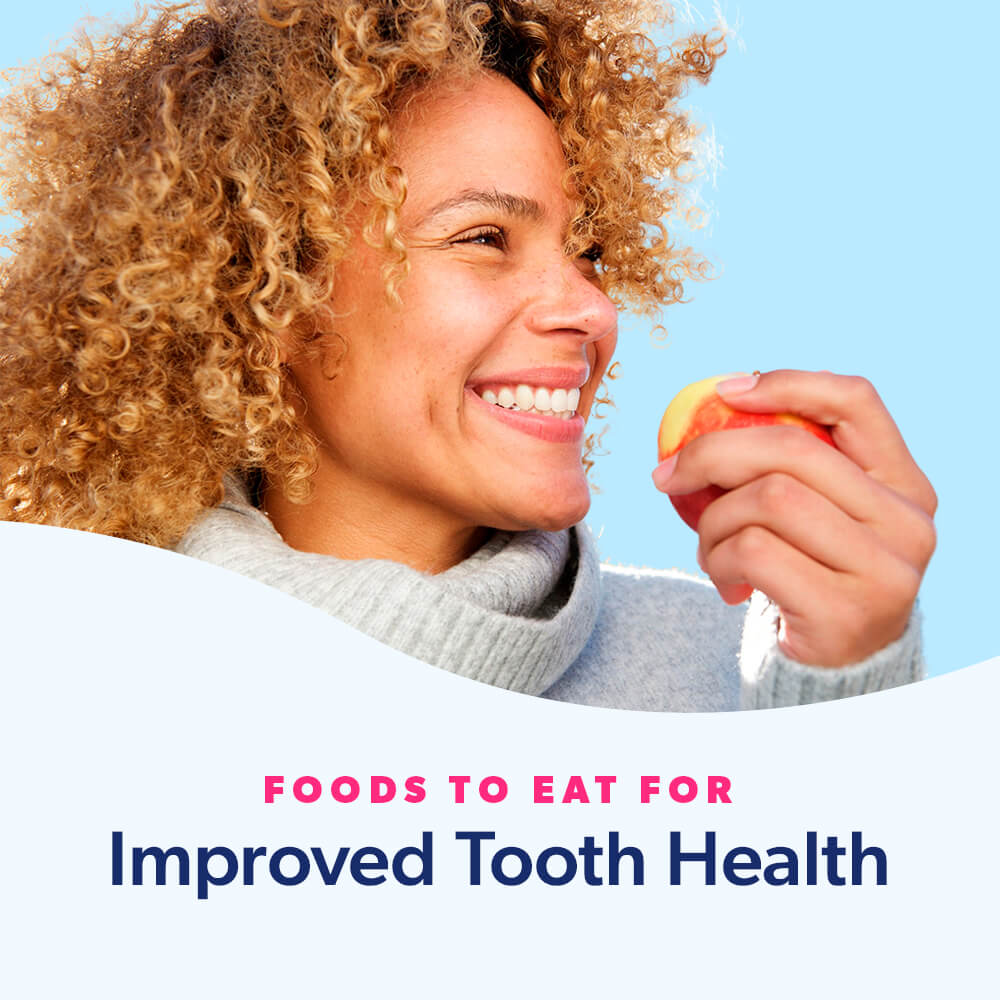
Foods to Eat for Improved Tooth Health
You've heard the saying, "You are what you eat," and this is true when it comes to your dental health. Your dental health and the diet you consume go hand in hand. You can include tooth-friendly foods in your regular diet to support your daily oral...
Read More -
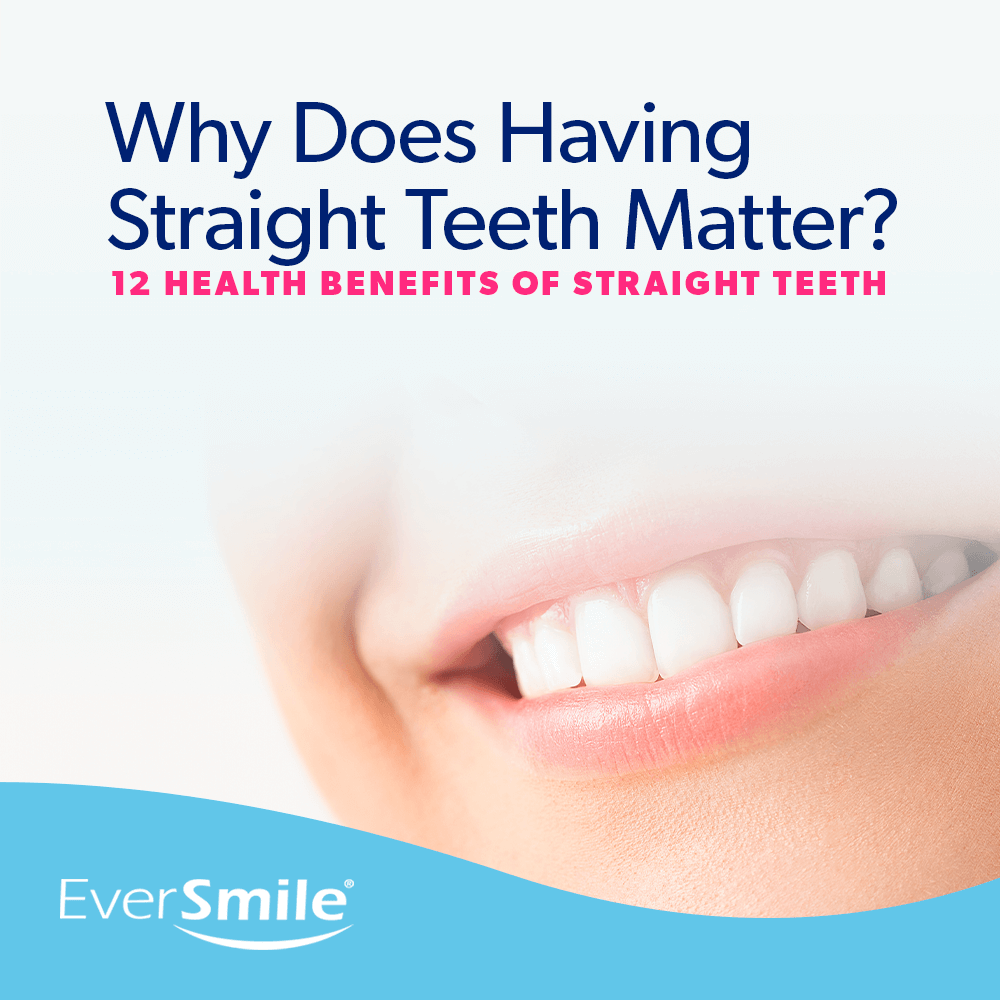
Why Does Having Straight Teeth Matter? 12 Health Benefits of Straight Teeth
If you're one of 81% of adults that think their teeth are unattractive when they see them in photographs, it might feel good to know you're not alone. But it still doesn't change how you feel. Many adults are self-conscious about their smiles because they don't...
Read More -

Top Reasons You Shouldn't Sleep With Dentures
Perhaps it's been a long day, and you're tired. Or, maybe you don't like to be without teeth. What's the harm in leaving your dentures in overnight? There's a reason your dentist recommends removing your dentures for at least five to six hours per day and...
Read More -
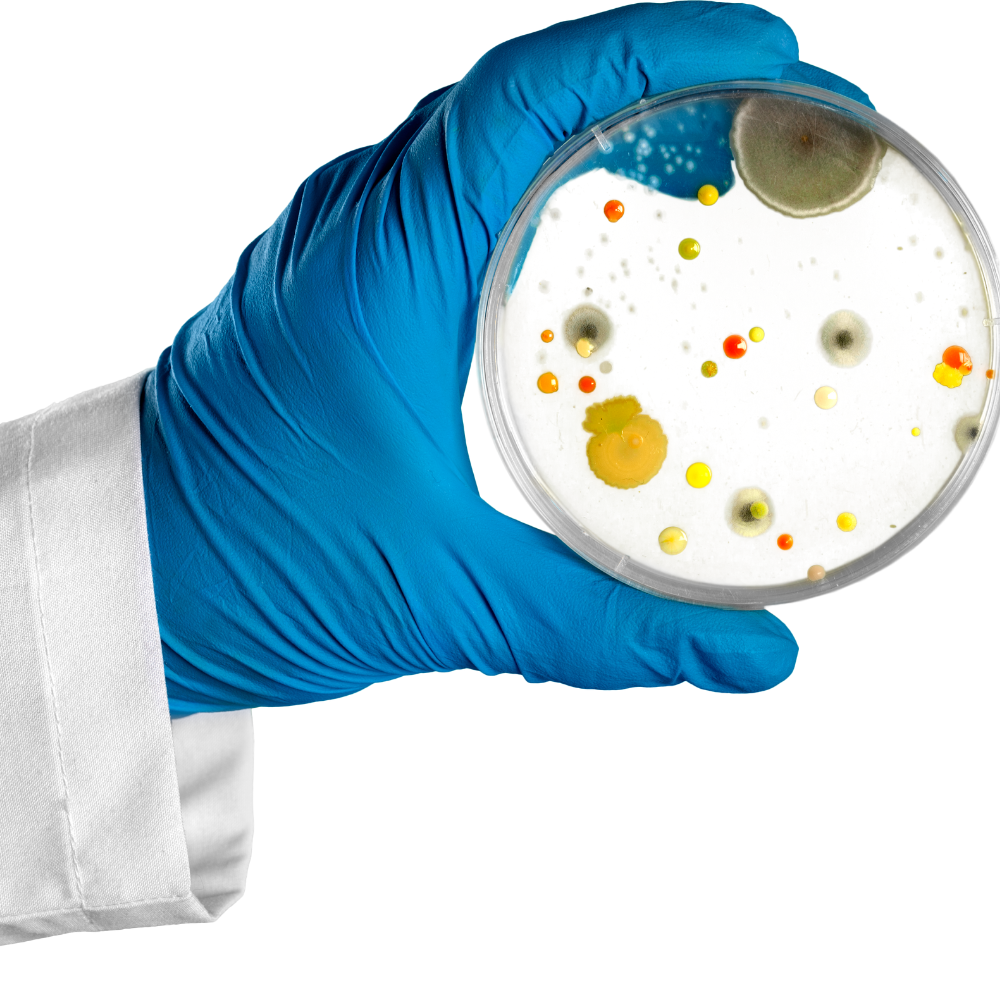
What Bacteria Causes Tooth Decay?
Your teeth have to be tough in order to stand up to the constant use over the course of your lifetime. Fortunately, they're protected by an outer surface called enamel. But even though enamel is one of the hardest materials in your body, it's still...
Read More -
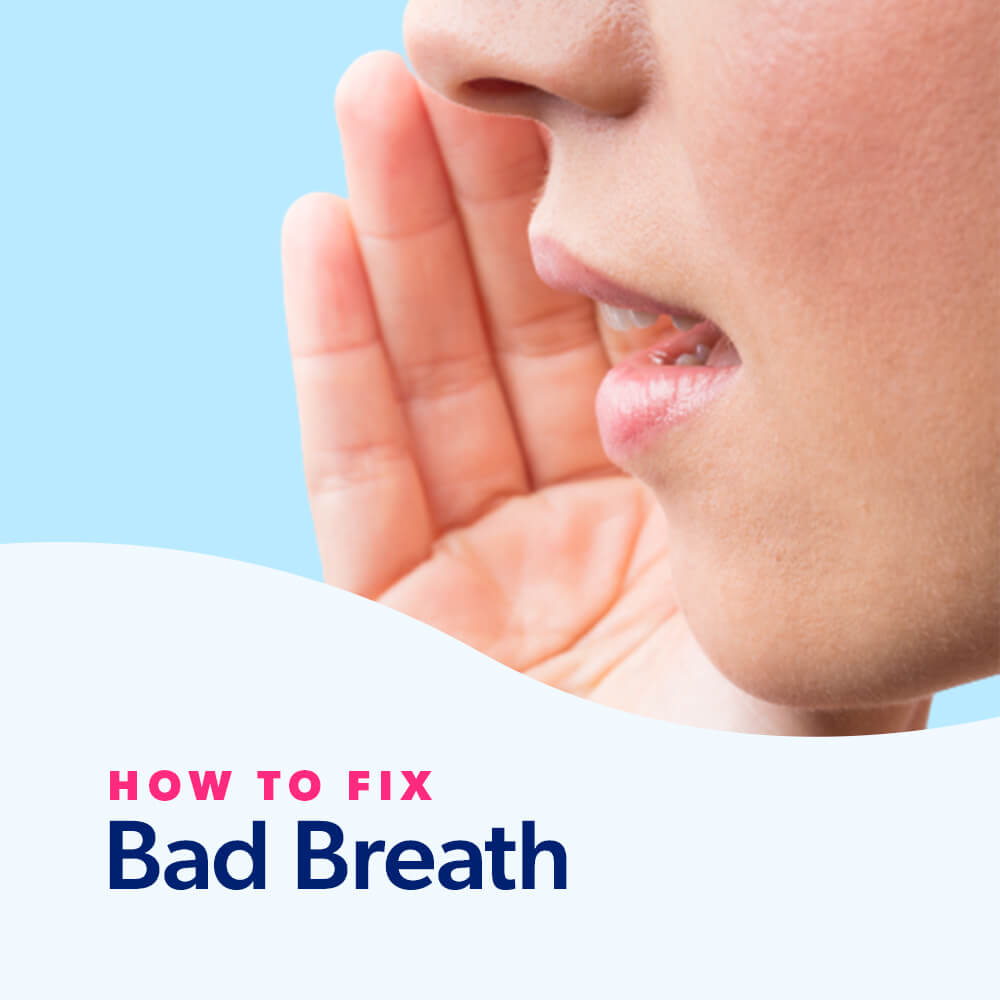
How to Fix Bad Breath
Bad breath is an all-too-common issue that affects almost everyone from time to time. This condition can be temporary or chronic, and it is also referred to as oral malodor or halitosis. Many people experience bad breath in the morning when they first wake up,...
Read More -
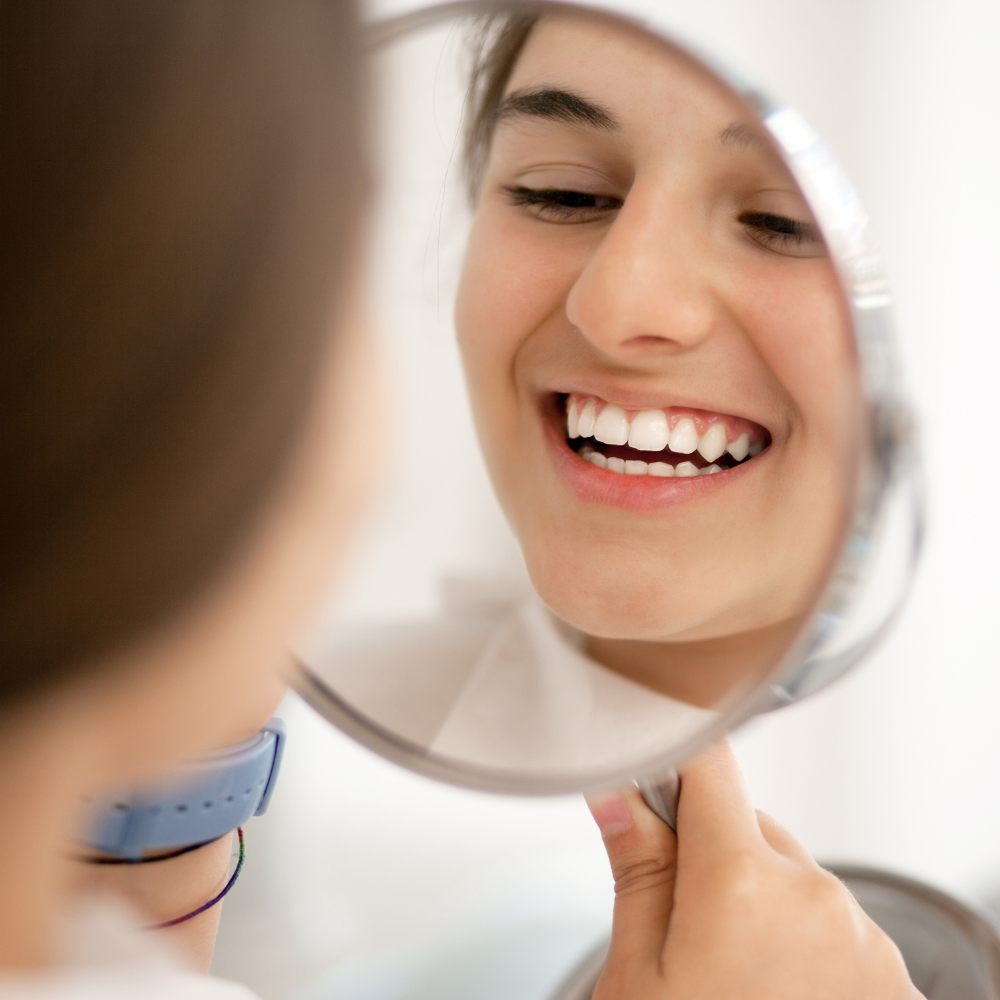
What Your Teeth Say About Your Ancestry
The shape, configuration and landscape of each person's teeth are unique to them. Your teeth are shaped by your genetics and then altered and worn by the food you eat and how you live your life. Your dentist can tell a lot about your personal...
Read More -
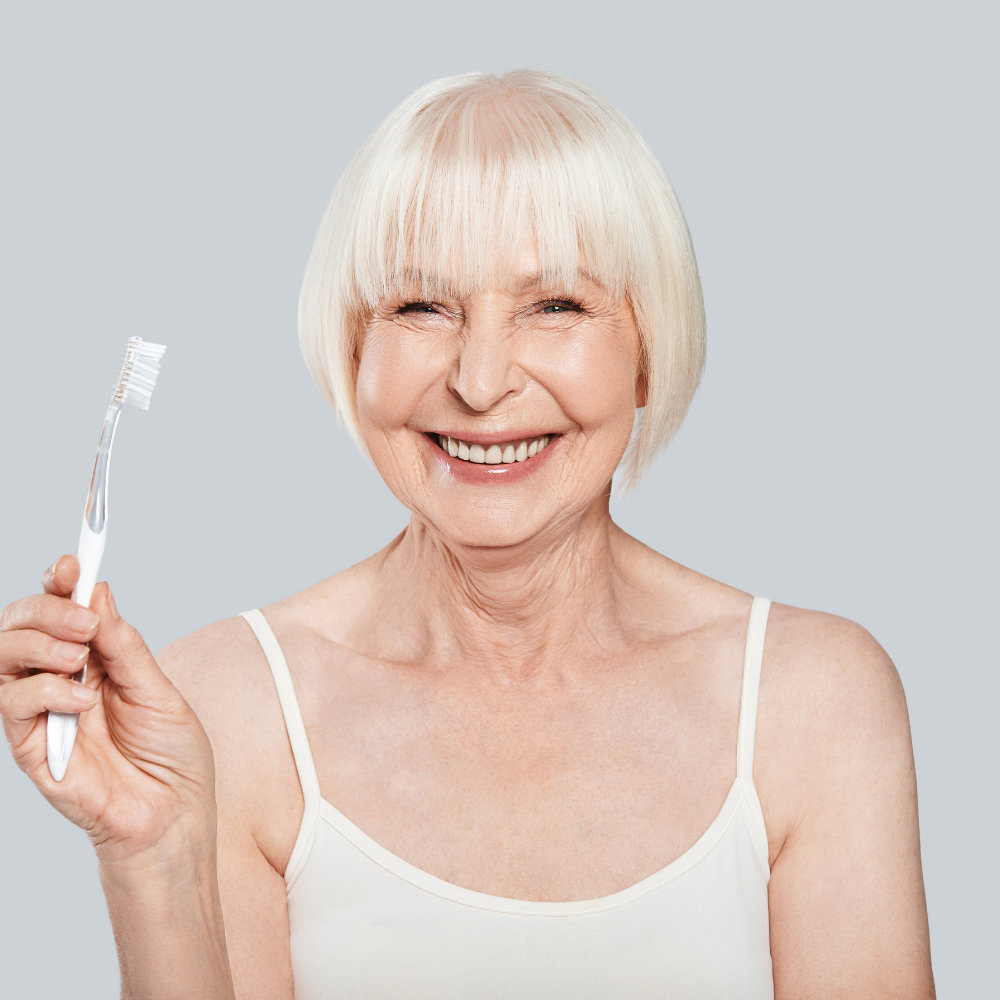
6 Interesting Facts to Know About Your Dental Health
Our teeth grow in within the first few months of our lives. From that point on, we use and care for them every day. Even with all that experience, there are still things many of us don't know about our teeth. Dental Health Facts You...
Read More
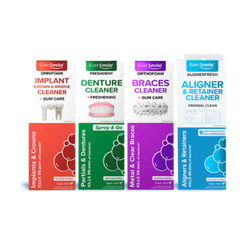
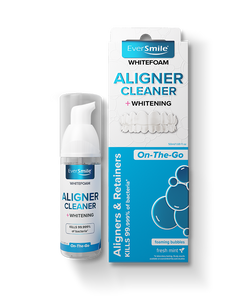
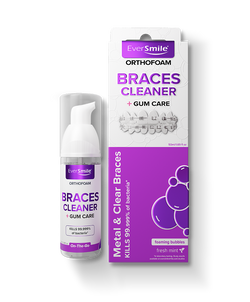
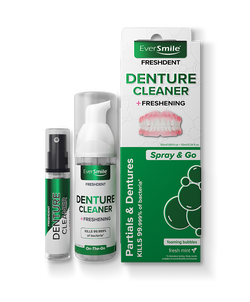
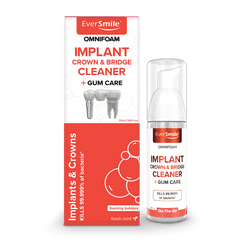
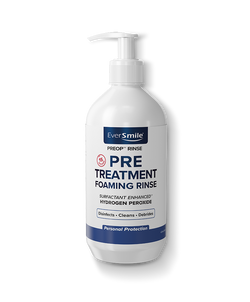








Post a Comment!